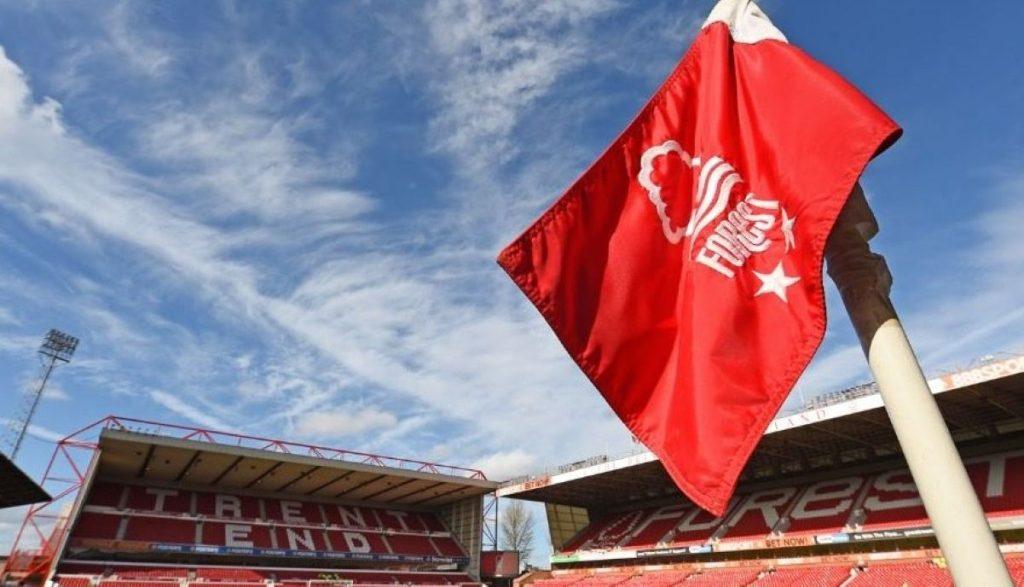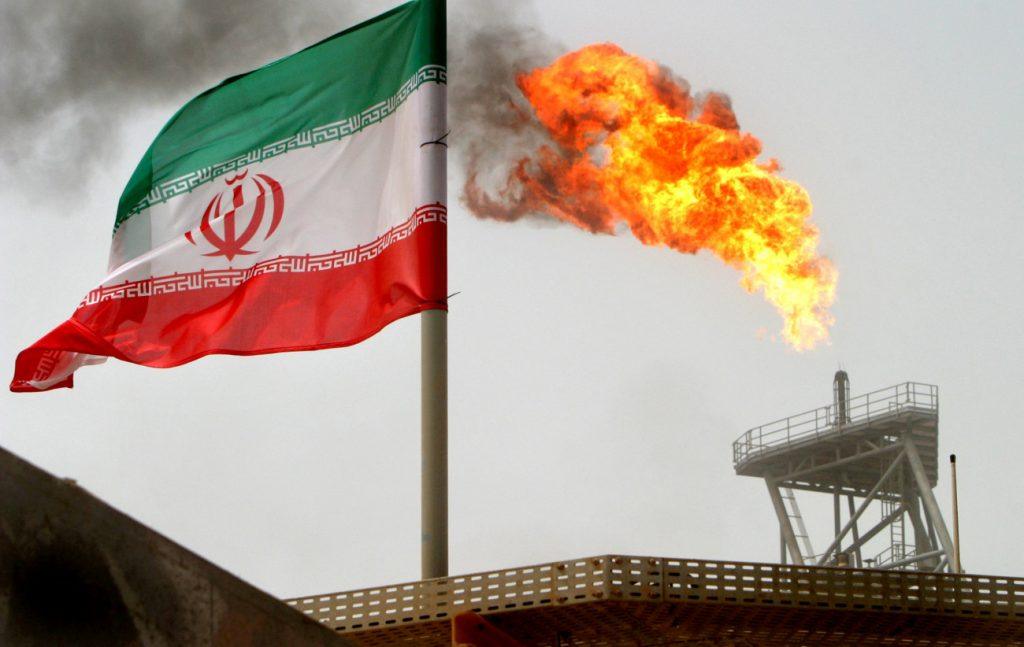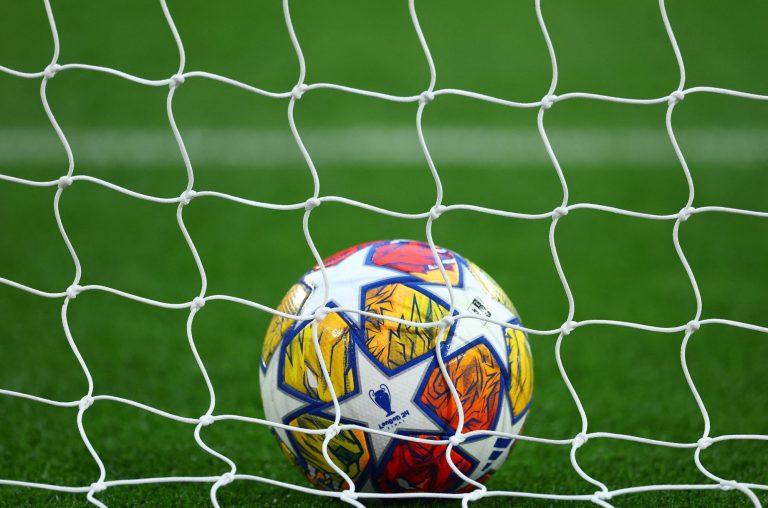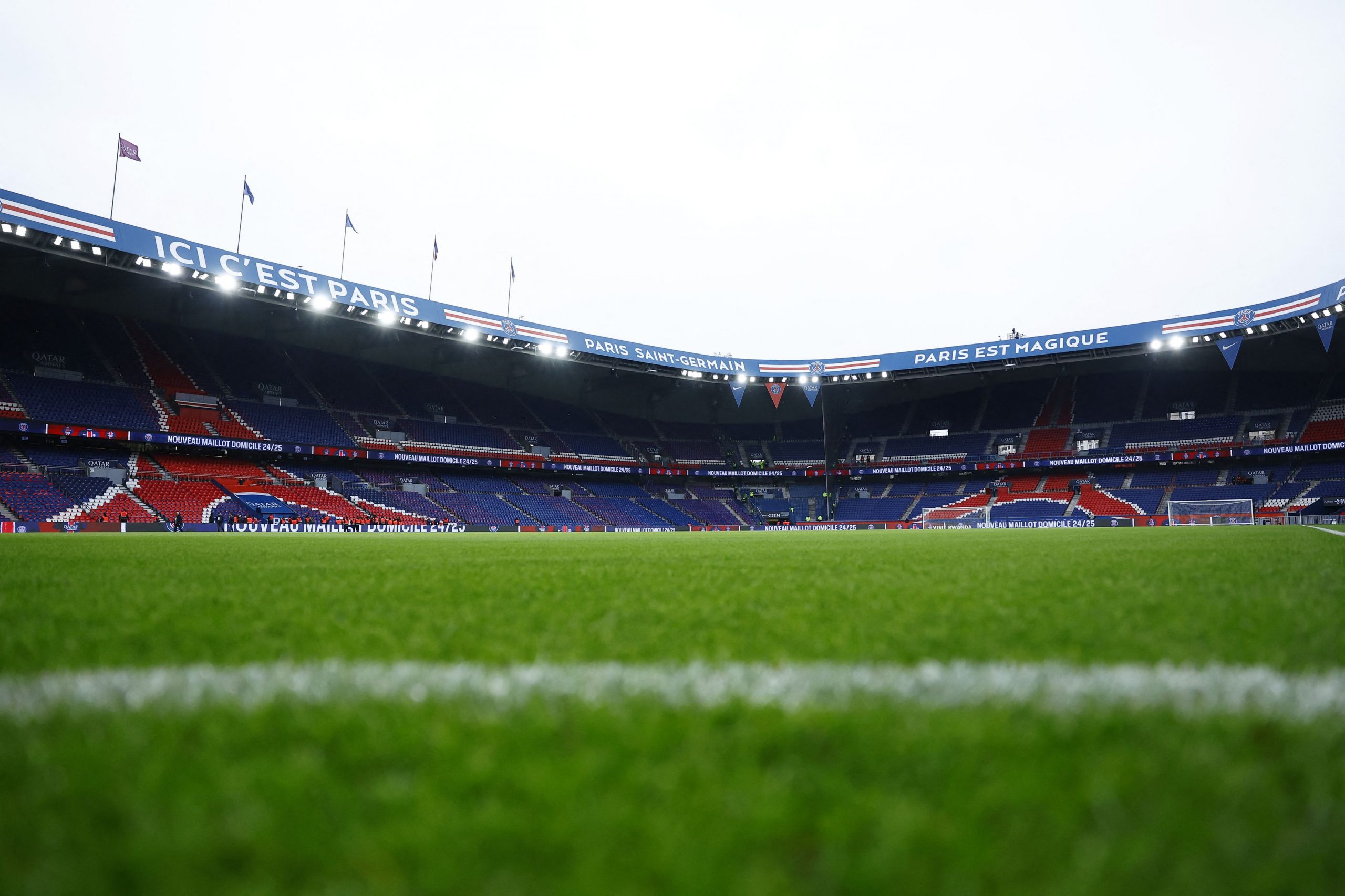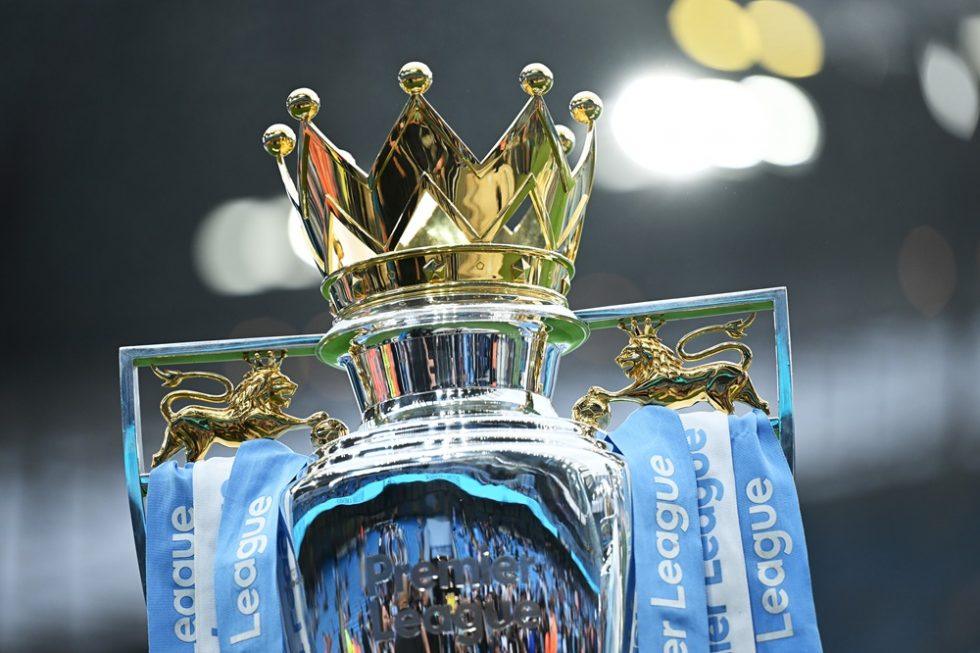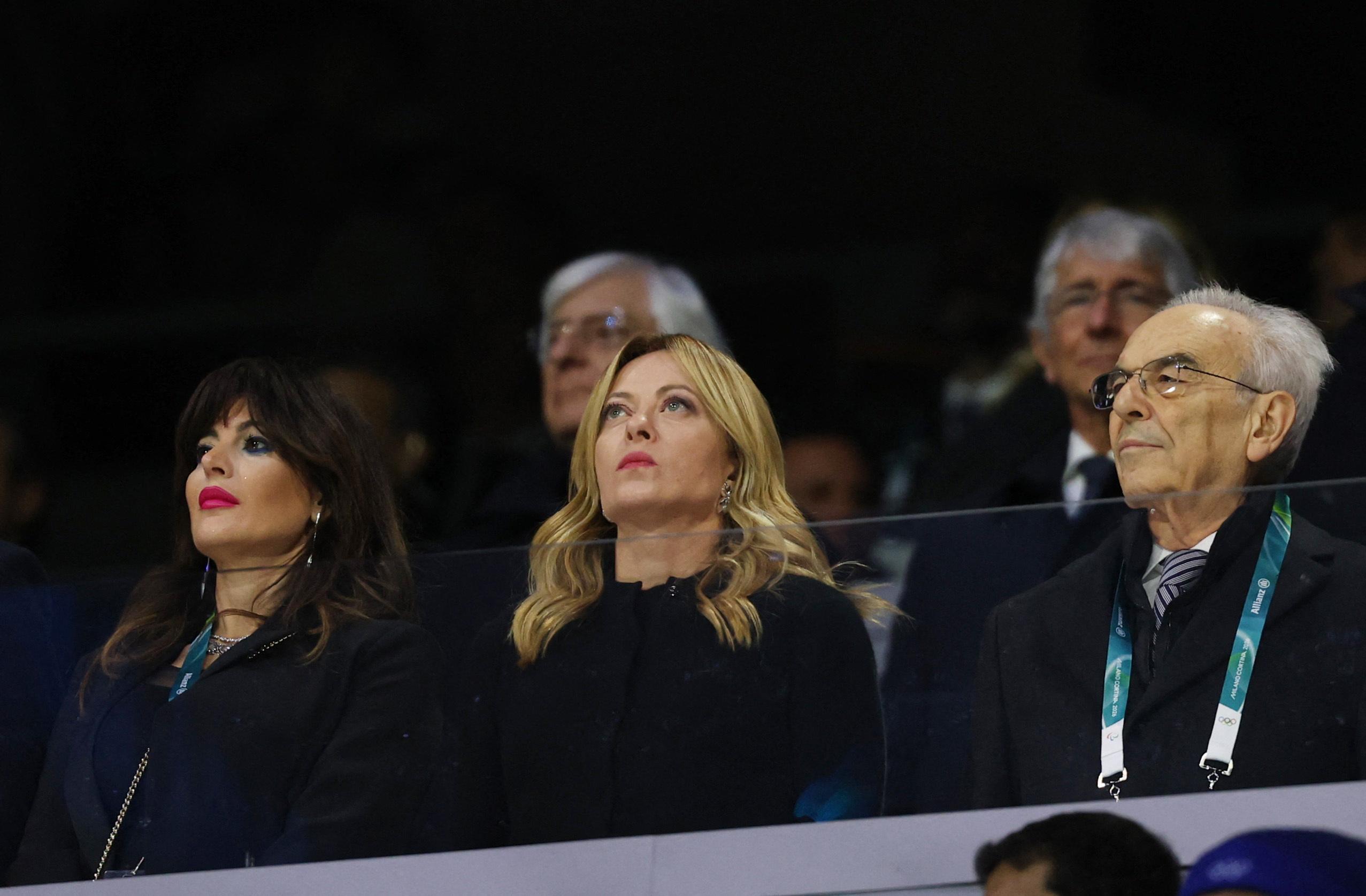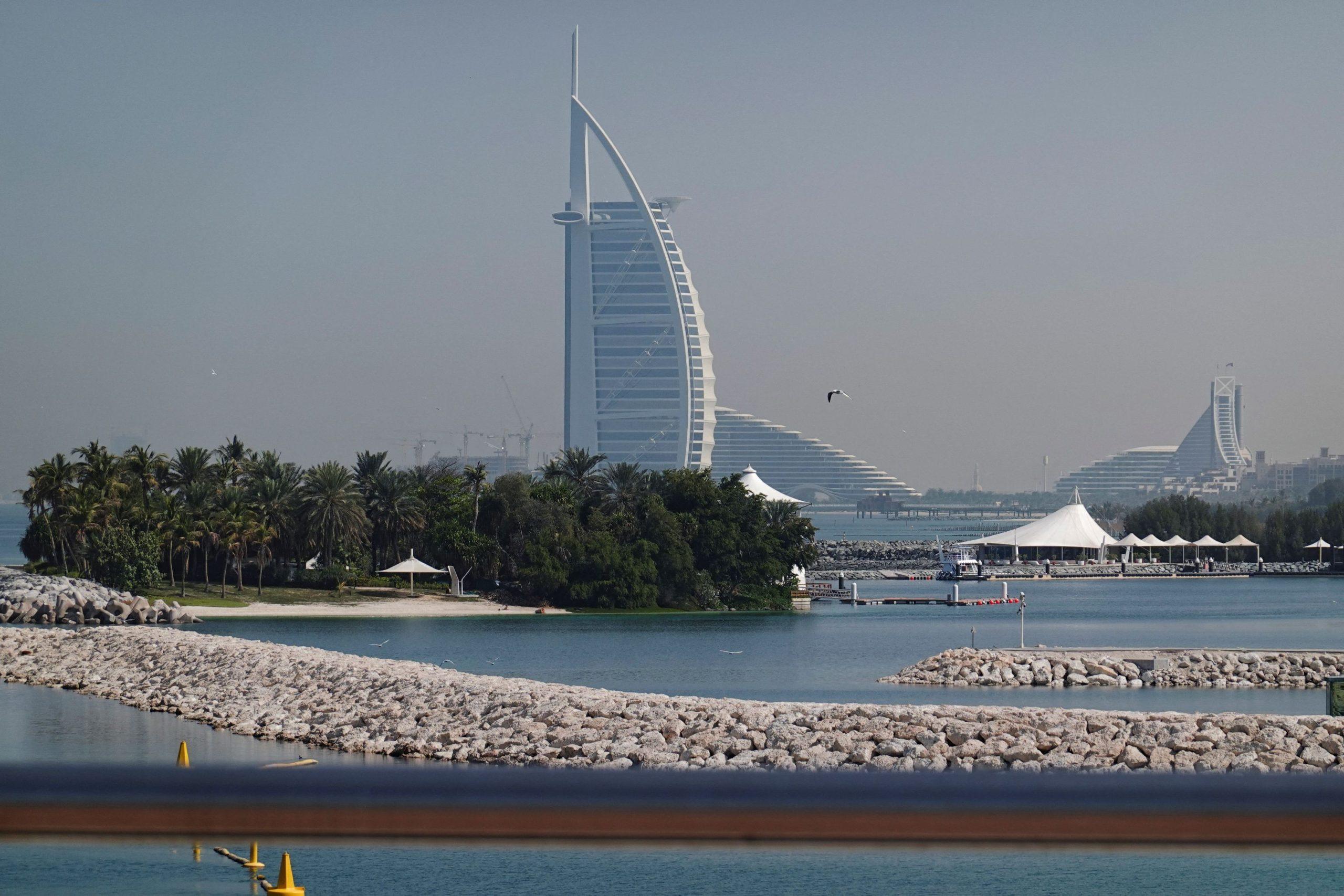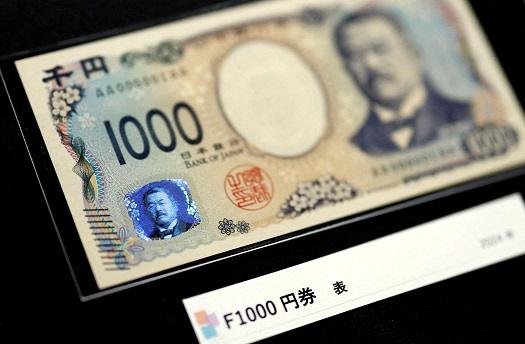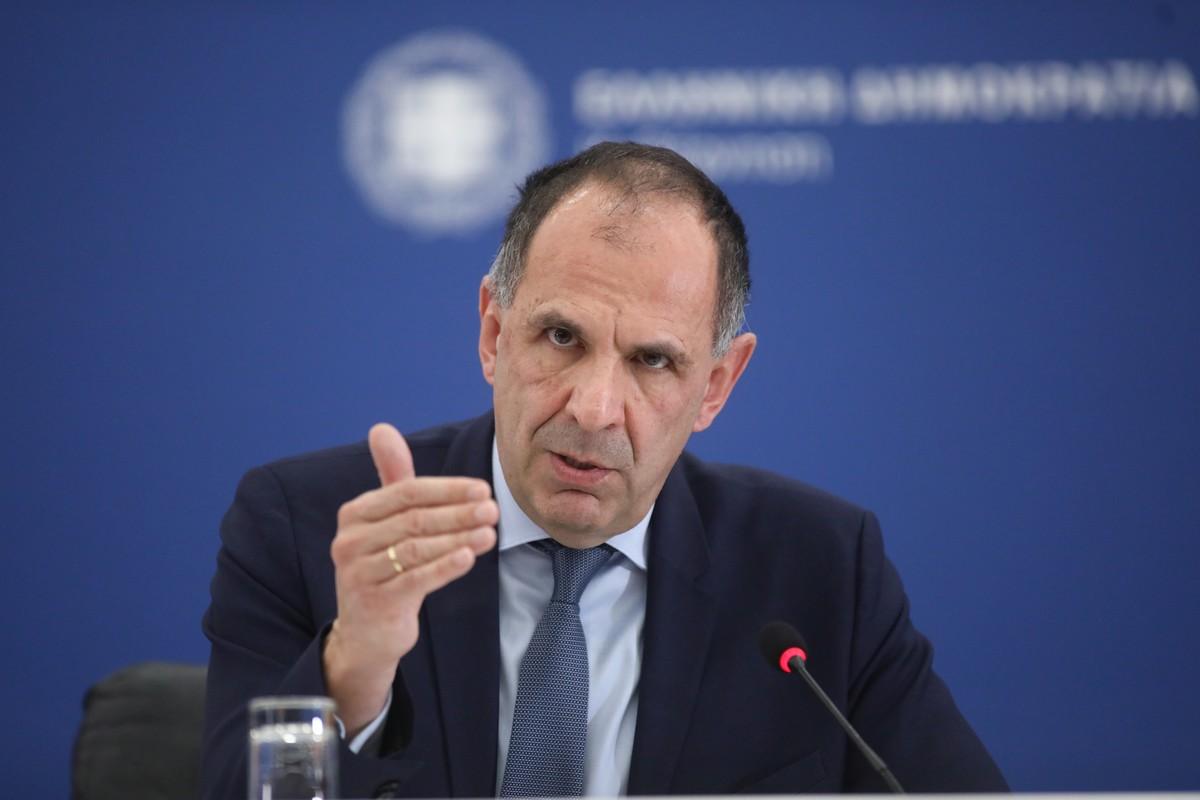A great legal vindication of Nottingham Forest FC against the English FA has been going around the world for the past few hours.
A “judicial” victory that the country’s top media outlets rushed to call “landmark,” understanding the parameters of the clash against the establishment of English football. And in the end, a case of the kind that can “rock” the conservative world of English professional football. The “legal” triumph of Nottingham Forest against the country’s Football Association (FA) in its last stronghold (the field of sporting justice) and the particular precedent it sets henceforth in the marvelous world of the Premier League.
The Reds did not hesitate to pursue their right until the end against the disciplinary bodies of the country’s football, which are still in the hands of the Association. And precisely thanks to the Reds’ persistence, they forced the FA not simply into a defeat, but into the awkward acceptance of something truly greater: that ultimately the committees and the individuals it appoints to administer justice are neither “infallible” nor, of course, beyond criticism, holding a permanent place as the untouchables. On the contrary, in their own way can quite easily cultivate a sense of bias that poisons the most important football product on the planet. Especially in such a demanding era where there are many and different open cases—the matter of Manchester City’s 115 breaches, Chelsea’s corresponding one, etc.

“Nottingham Forest win a landmark legal battle in major embarrassment to the FA,” commented Football Insider, featuring a photo of Evangelos Marinakis.
This is exactly what is being commented on, more than the six-figure compensation sum that the Association is called upon to pay the two-time European champion as damages.
The persistence and vindication of Forest, which, through its own case, brought to light a real malady in the way the Association holds sporting justice within the super-professional Premier League. In what Jamie MacPherson—a lawyer by profession—did when he should not have, becoming the protagonist of this particular story that dates back to the spring of 2024. The president of the Appeals Committee, who turned into the scandal’s lightning rod.
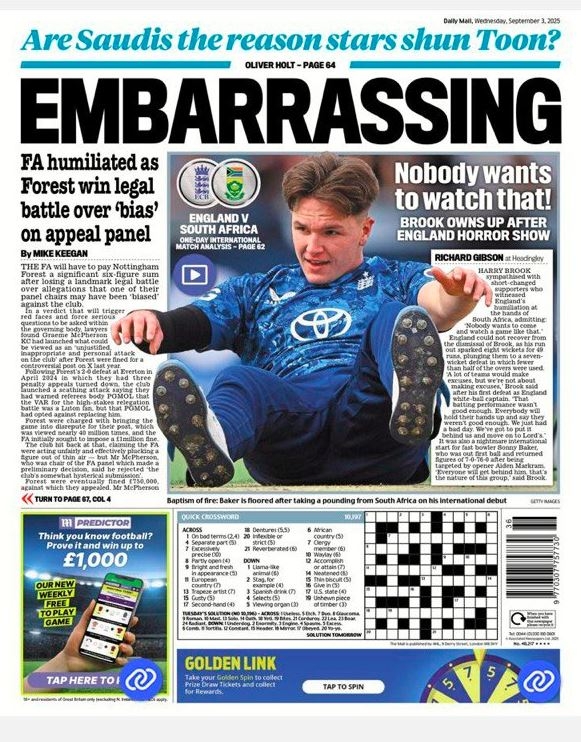
“EMBARRASING – FA humiliated as Nottingham Forest win the legal battle over ‘bias’ on appeal panel,” notes the Daily Mail.
A brief rewind: Evangelos Marinakis’s team faced Everton in the schedule, and a discussion began about the choice of referee at VAR (Stuart Attwell). Forest had reported him to the Refereeing Committee as “unsuitable,” but it did not replace him. So, when the match was played and was marked by a series of major errors not “corrected” by the video? The two-time European Cup holder, with a stinging post on X, called that particular VAR official a “Luton supporter” in a message that reached 40 million views. The club was charged with “bringing the game into disrepute,” and the FA sought to punish it with a mammoth fine of £1 million. Something that, in large part, it achieved in the first instance.

Forest’s punishment was £910,000, as the sitting judge, MacPherson, dismissed its argument for acquittal as “hysterical”! A word that would eventually unravel this elaborate sweater, albeit with several months’ delay and with two more critical episodes. First, the appeal against that decision. A process where the FA, against all logic, again chose Jamie MacPherson as the president of its committee. And in October 2024, when it again selected him to “judge” Forest for its punishment (£125,000) after an incident in a match against Chelsea.
In the story of the first appeal, the Reds raised an outcry—and rightly so. It is not reasonable for the same person to judge a case in both the first and second instances. Especially someone who, in the first instance, had made such an unjustified characterization. MacPherson himself, amid general outrage, realized this and tactfully recused himself from the case! In October, of course, he did not do the same. Nottingham, therefore, proceeded to file a complaint with the Football Association of England, stressing that MacPherson’s selection for the Appeals “bench” was unsuitable due to his previous remark and requested arbitration. The three-member panel under Kim Franklin vindicated them, ruling that in the previous case, the Everton one, “apparent bias” had been proven.
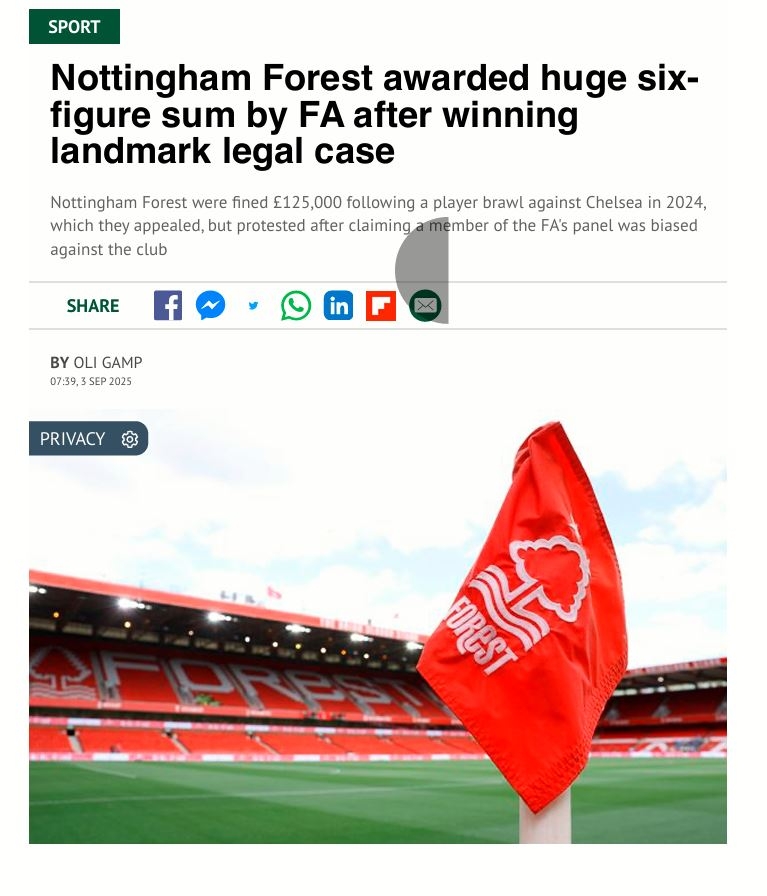
“There is no doubt that the characterization… as ‘somewhat hysterical’ could fairly be considered, and would be perceived by a notional objective observer, as an unjustified, inappropriate, and personal attack on the club and its legal representatives,” stated the reasoning just made known, leaving the Association exposed. As The Athletic reports, the finding of “apparent bias” by lawyer Graeme MacPherson and the imposition on the FA to pay a significant sum to Forest as compensation create a precedent for impartiality in the justice of English football.
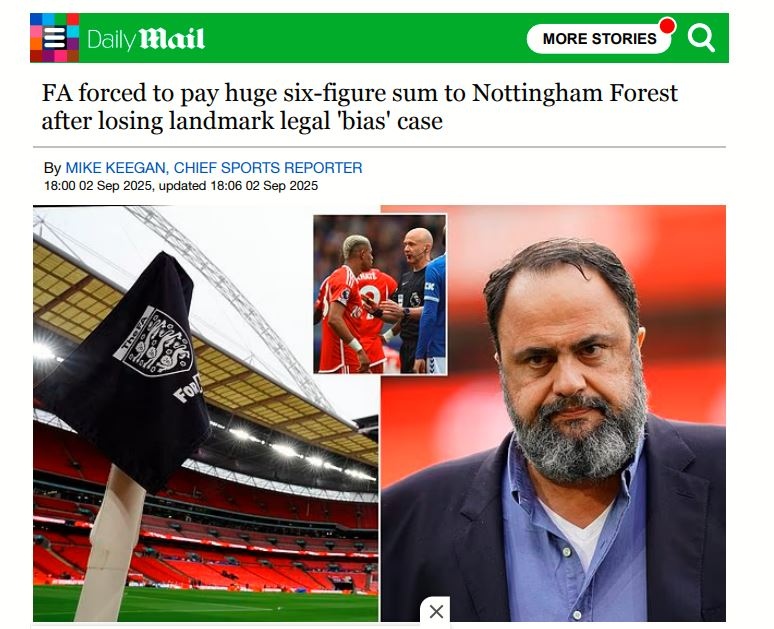
Just before the founding of the new Independent Regulatory Body, this case caused serious embarrassment for the FA. Disciplinary jurisdiction is considered one of the few areas where the Association retains strong influence, given the dominance of the Premier League. In this story, therefore, its defeat looks like a fiasco. In the wrong field. At the wrong time. Forest’s victory serves as a lever of pressure for greater transparency and stricter standards of impartiality in the disciplinary bodies of English football.
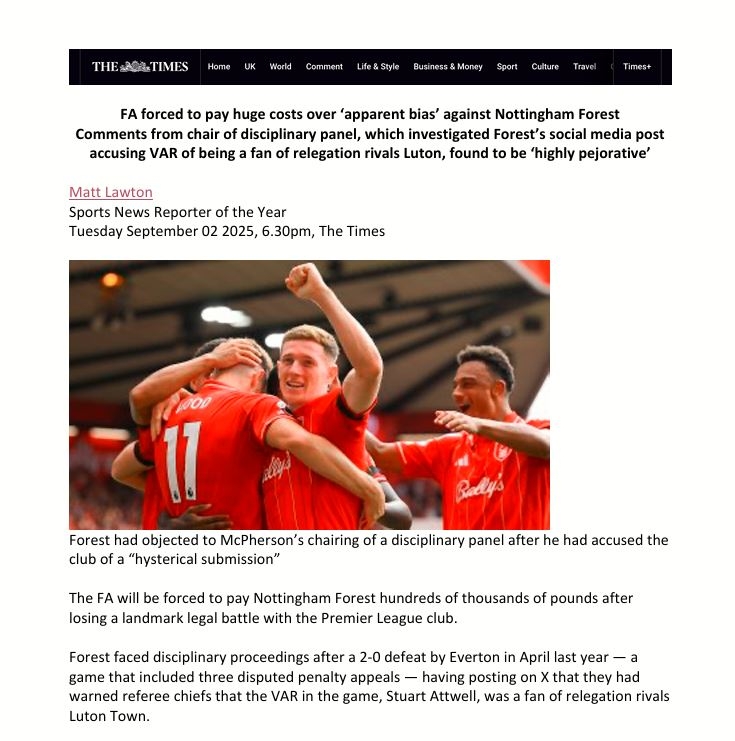
References abroad also to Forest’s vindication.
Foreign media also referred to the issue. One of them, Croatian Nogomania, stressed:
“Evangelos Marinakis’s team was vindicated by the arbitral body in its appeal for ‘apparent bias’ in a disciplinary process. The decision is a major victory for the English club and at the same time an embarrassing moment for the FA, as it is forced to change the chairman in Forest’s appeal hearing for the incident in the match against Chelsea. This development strengthens Nottingham’s position in the institutional and competitive field, highlighting once again the club’s determination to defend its rights even off the pitch.”
The FA, Forest, and MacPherson himself refused to comment, but distinguished lawyer Nick De Marco noted in a LinkedIn post that the decision is “unusual and therefore particularly valuable,” because “it sheds light on things that usually remain behind closed doors.”
For the record? It is not the first time a club has questioned the impartiality of a legal figure in a sporting process, as Manchester City had requested the removal of Murray Rosen, head of the Premier League’s independent judicial panel, in the case of the 115 charges against it, due to his being a declared Arsenal supporter.
